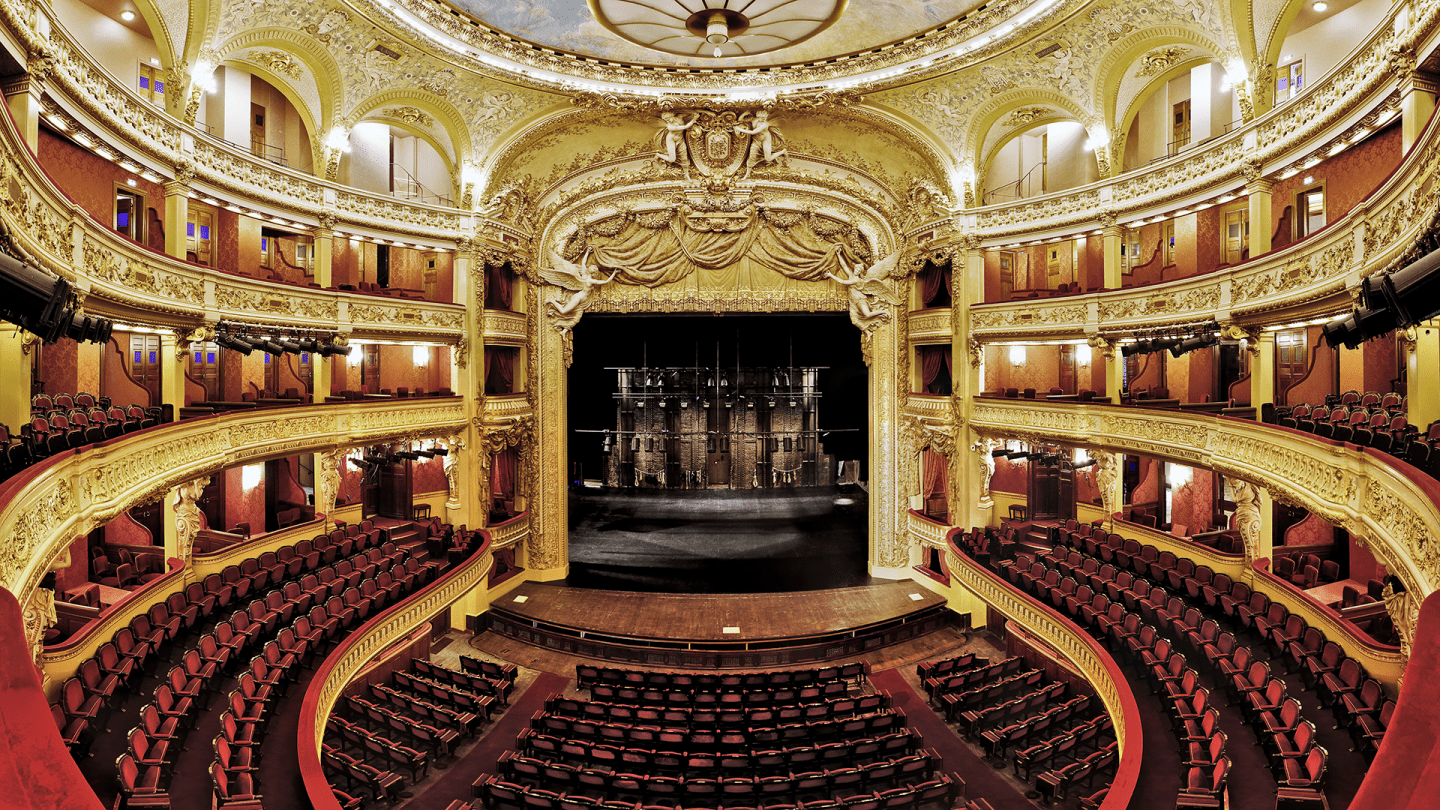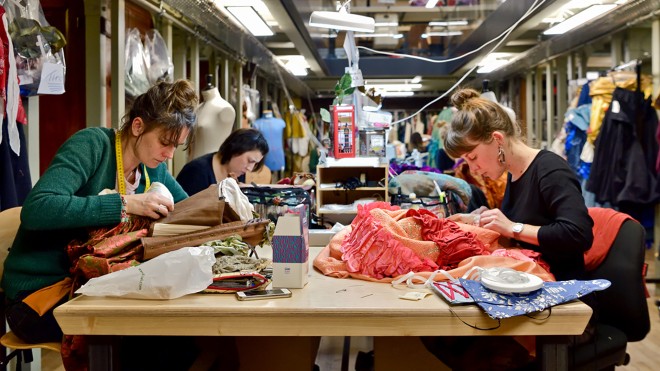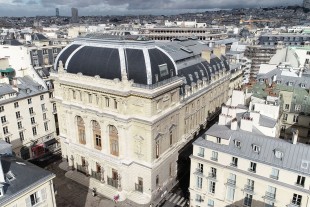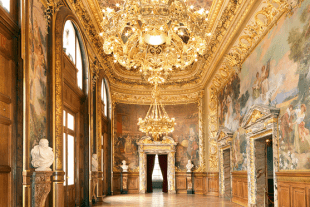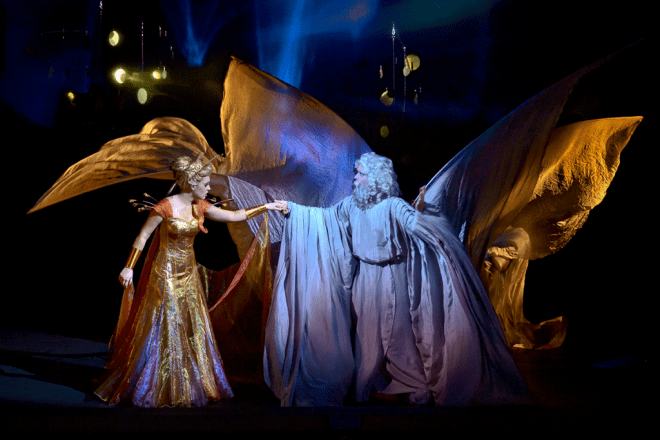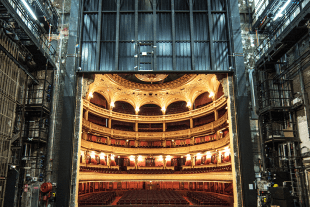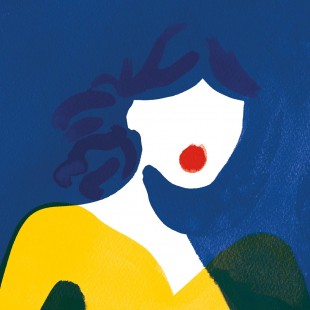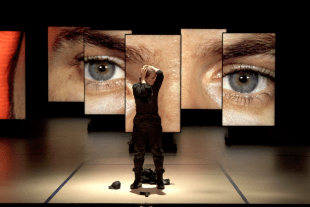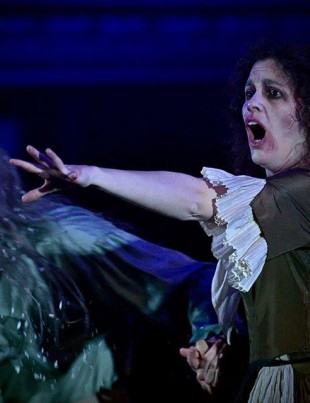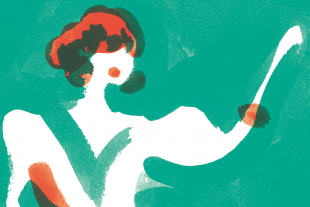At the heart of Paris since 1714
Founded during the reign of Louis XIV, in 1714, the Opéra Comique is one of the oldest theatres and music halls in France, together with the Opéra de Paris and the Comédie Française. The Opéra Comique celebrated its 300th anniversary in 2015!
From 1783, the Opéra Comique has programmed its seasons in a theatre which took the name of a famous author of librettos, Charles-Simon Favart. The Salle Favart burnt twice, but was always rebuilt on the same site, near the Grands Boulevards.
The history of the opera house was in turn boisterous and prestigious, until its registration on the National Theatres list in 2005.
The place is iconic: Carmen, by Georges Bizet, and Manon, by Jules Massenet, both were created at the Opéra Comique, respectively in 1875 and 1884. The two rebellious women have been greating audiences in the great hall to this day.
Costume design studio
Over 300 years of lyric history
From 1714 to 2021, the Opéra Comique has witnessed the creation of many theatre and musical master pieces, with eventful twists, exuberant spells and some tougher times.
Discover the Opéra Comique’s timeline
Did you know?
« comic opera »
“comic opera” refers to the genre regularly programmed at the Opéra Comique.
« Comic » does not mean it’s funny or supposed to make you laugh…. but designates a theatre genre mixing the sung and the spoken. Comic opera therefore defers from opera, which is entirely sung.
The Nouvelle Troupe Favart
The Opéra Comique hasn’t housed artistic training for over 50 years. But since 2017, the opera house has striven to secure the loyalty of the singers whose approach is as theatrical as it is musical, and who share the same spirit of research and creative compagnonnage.
Adapted to nowadays career paths the Nouvelle Troupe Favart brings artists together, all generations considered, and helps them blossom season after season, while enabling audiences to discover them and follow them.
Recovered memory
During the Age of Enlightenment, the Opéra Comique produced a repertoire that has since been widely played in France and abroad. Nevertheless, the opera house’s never managed to centralise nor sort out any archives. These later are still scattered in various places.
But thanks to the support of the Ministry of Culture, and patrons of the project “300 years - 300 patrons”, thousands of images from documents kept at the National Archives and at the Opéra Comique have been made available to the public since 2007. You can now access them and find out about our opera house’s history using the digital portal Dezède.
The shows’ media library
Some pictures of our operas
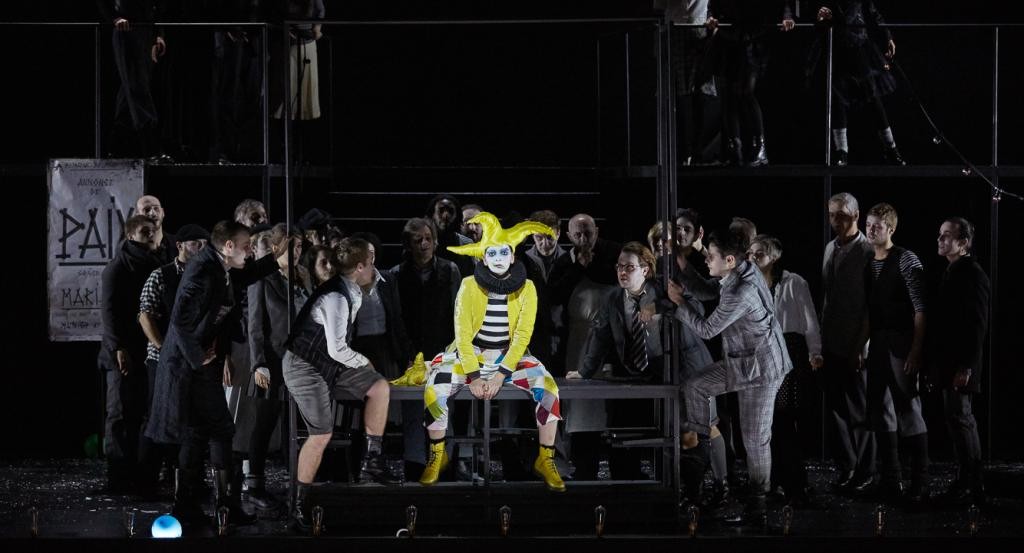
Fantasio © Pierre Grosbois (2017)
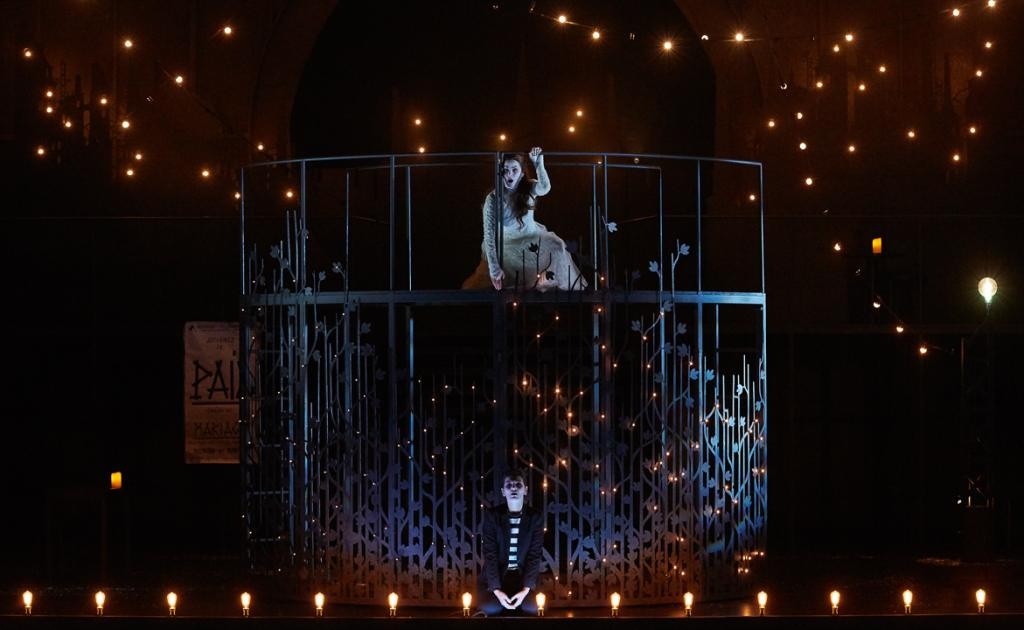
Fantasio © Pierre Grosbois (2017)
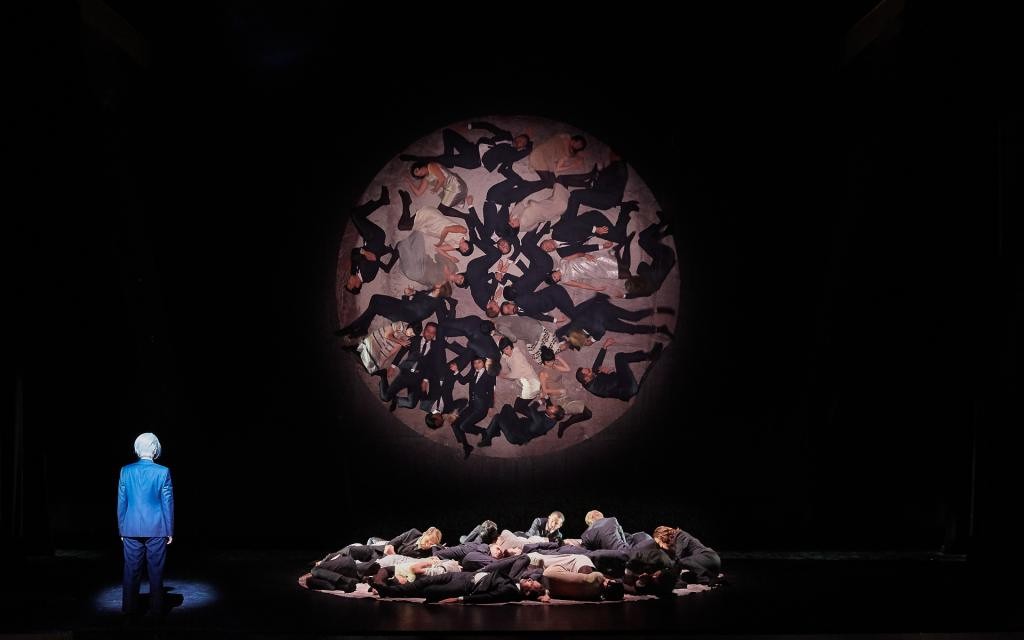
Orphée et Eurydice © Stefan Brion (2018)
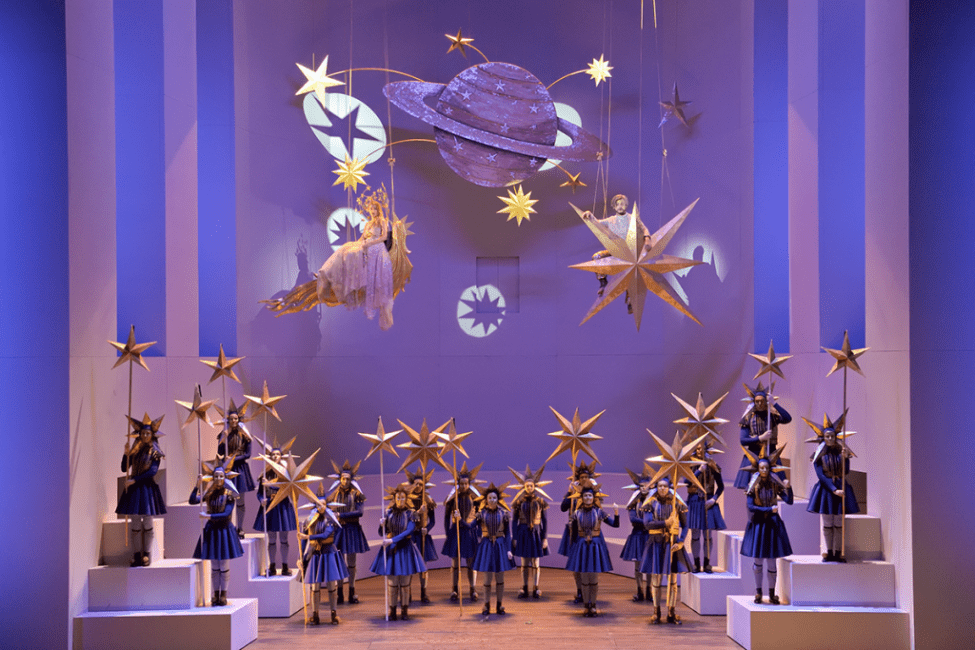
Ercole Amante © Stefan Brion (2019)
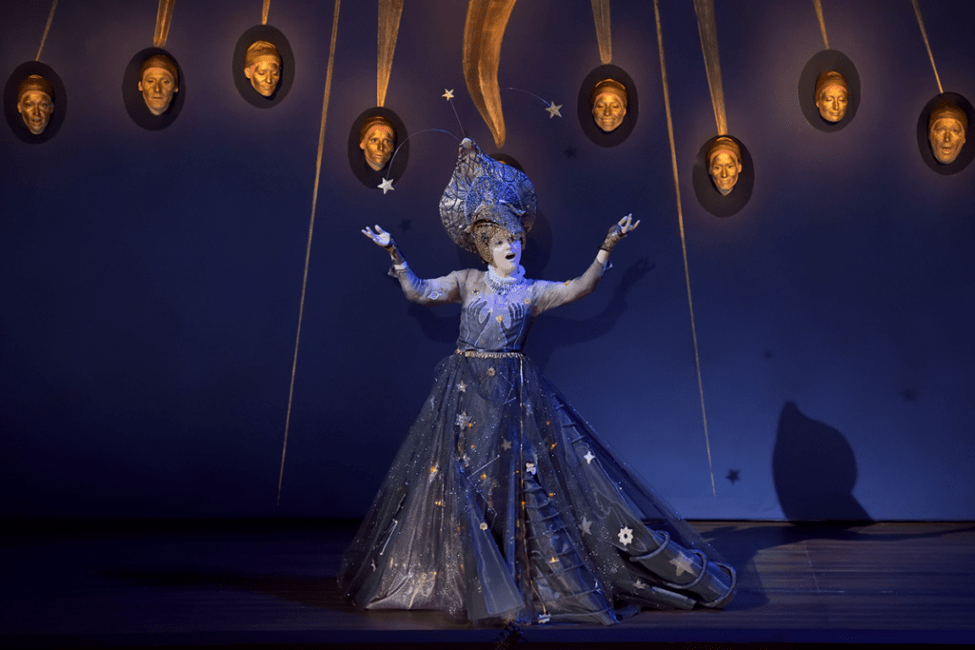
Ercole Amante © Stefan Brion (2019)
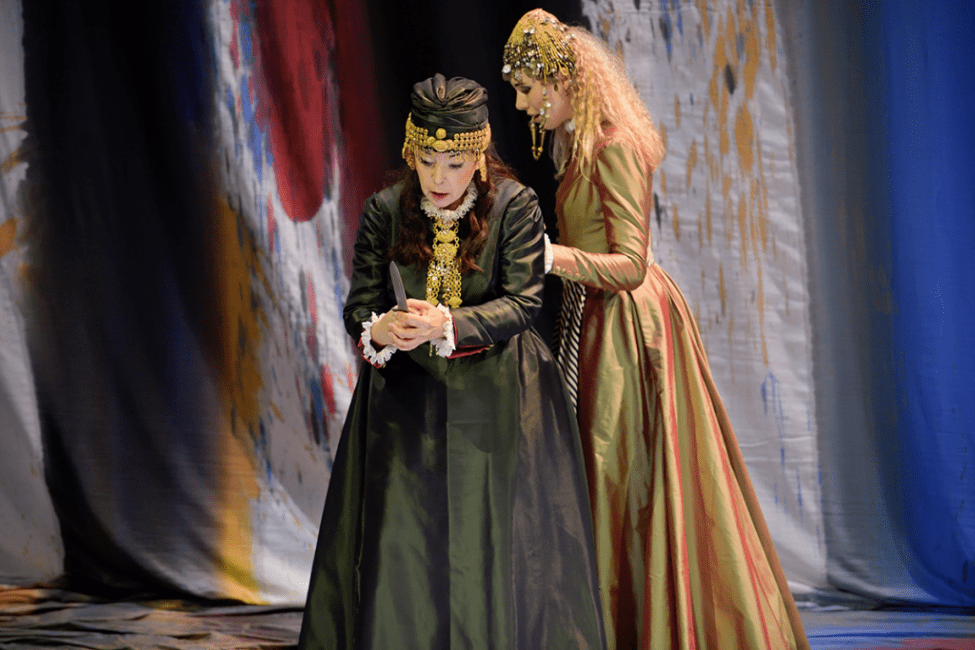
Hippolyte et Aricie © Stefan Brion (2020)
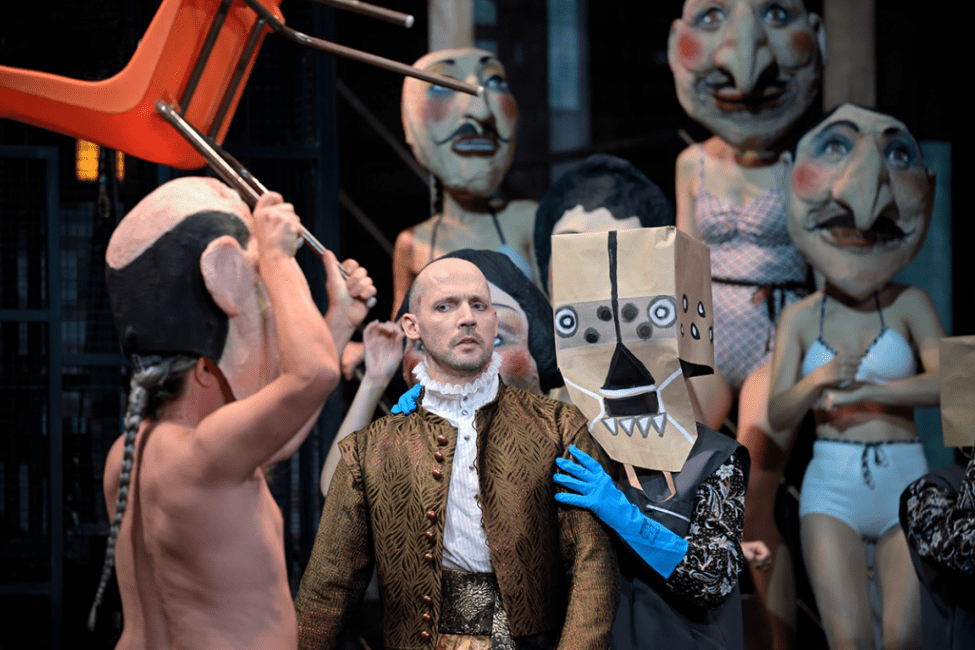
Hippolyte et Aricie © Stefan Brion (2020)
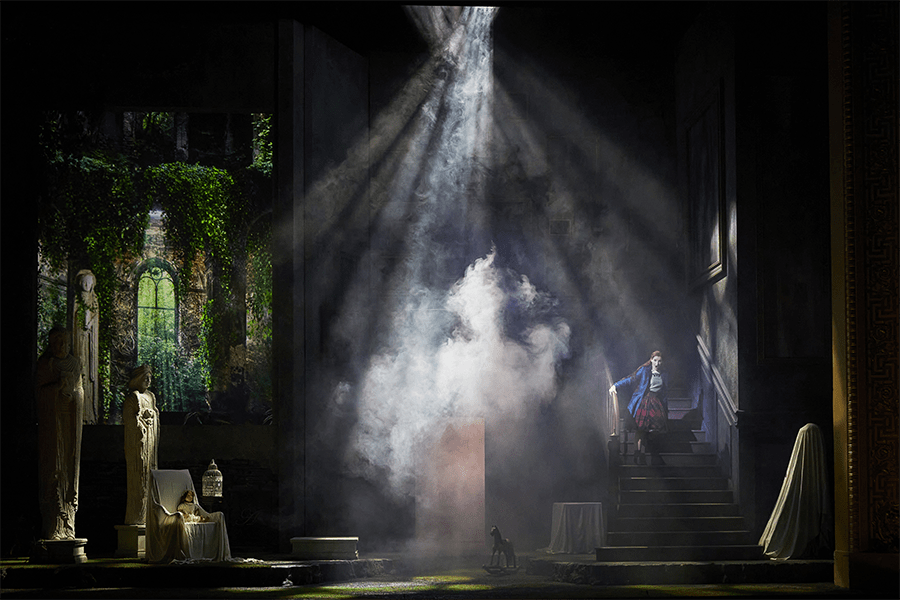
La dame blanche © Christophe Raynaud de Lage (2020)
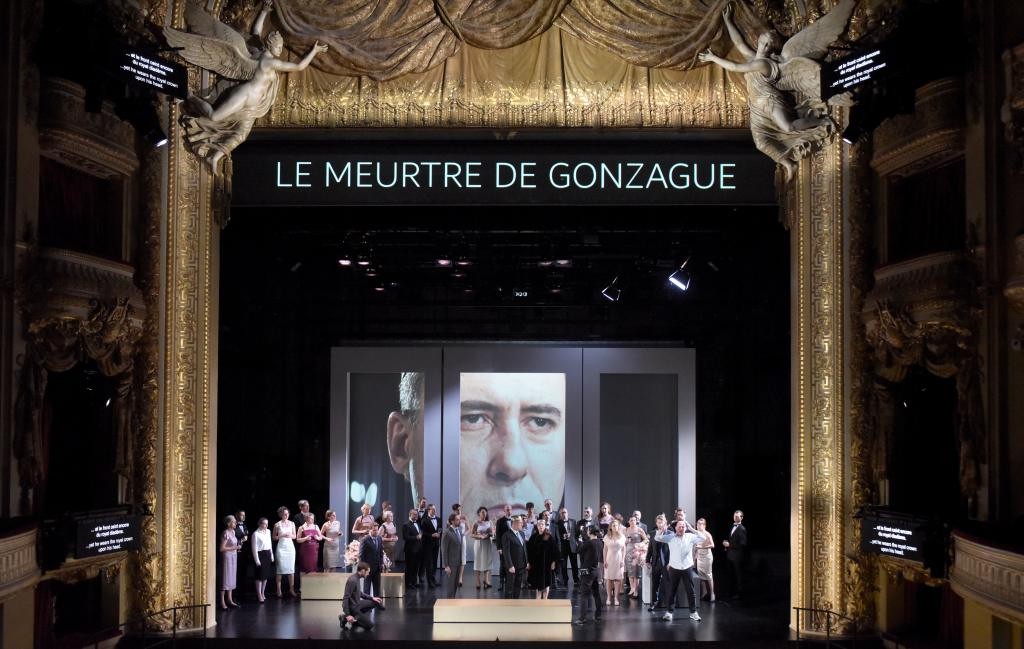
Hamlet © Vincent Pontet (2018)
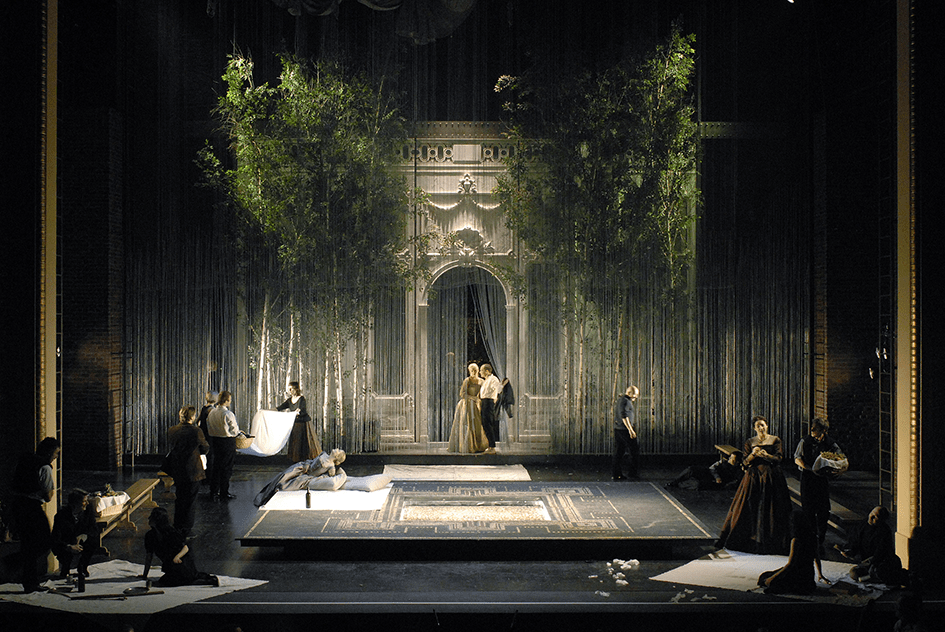
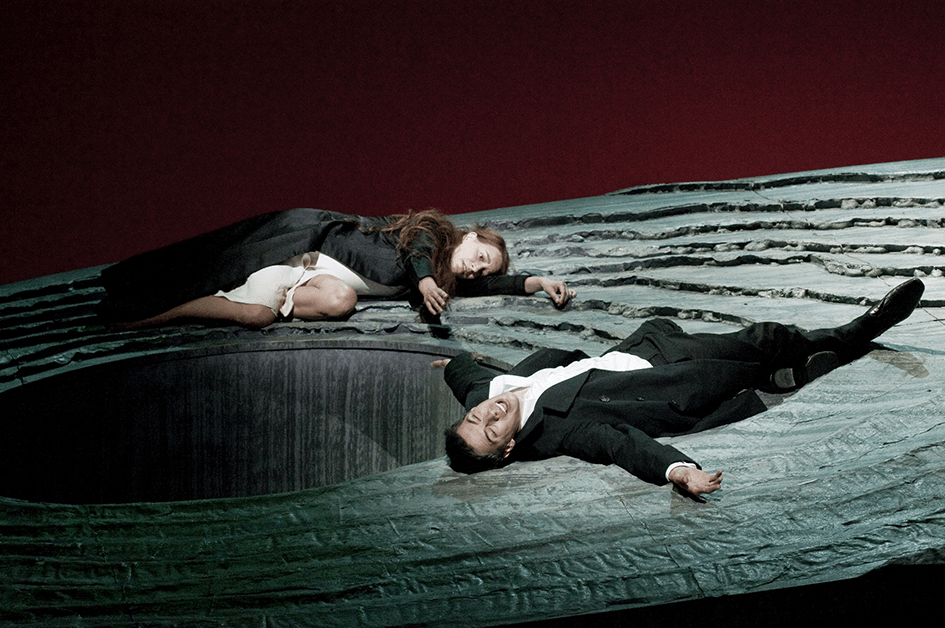
Pelleas et Melisande © E.Carecchio (2010)
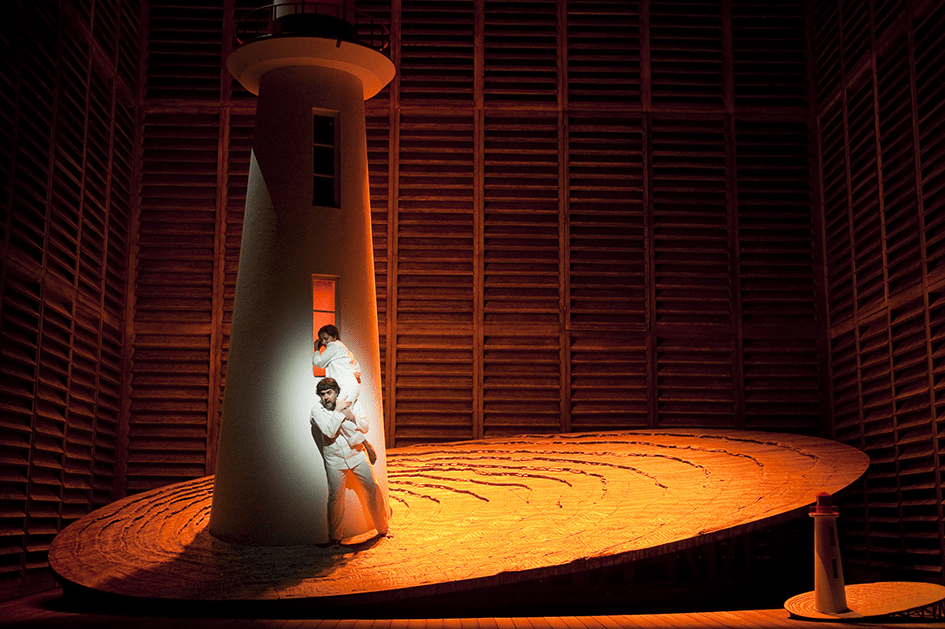
Pelleas et Melisande © E.Carecchio (2010)
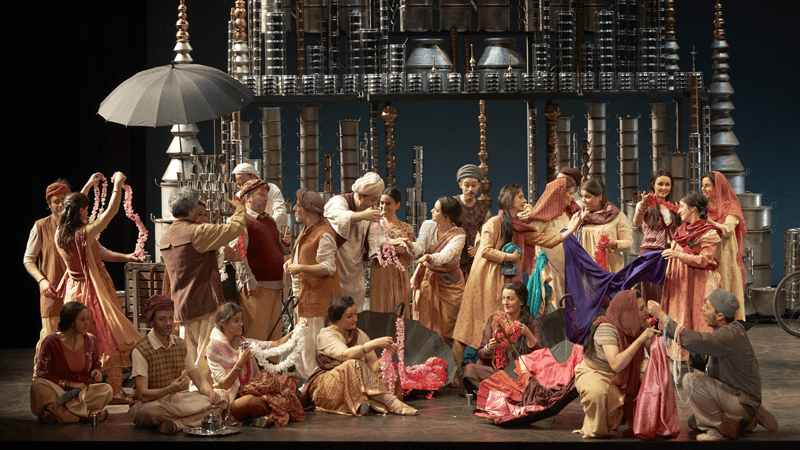
Lakmé © Pierre Grosbois (2014)
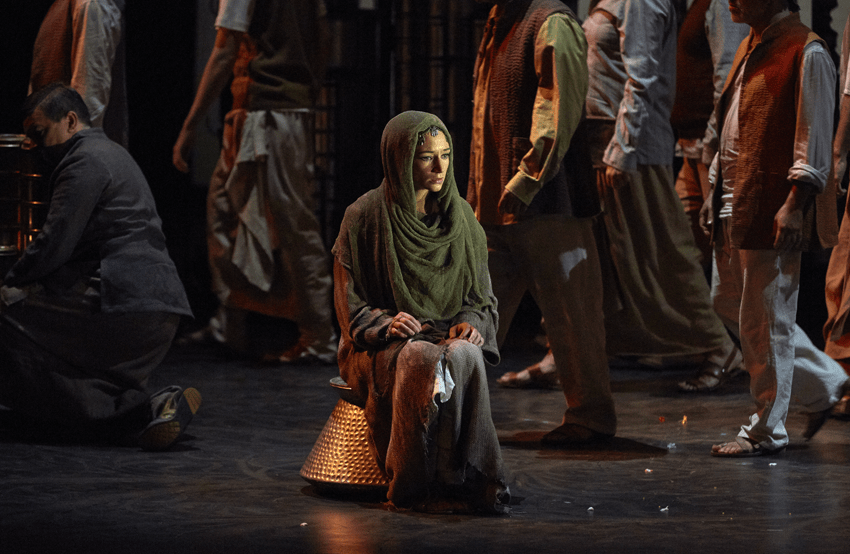
Lakmé © Pierre Grosbois (2014)
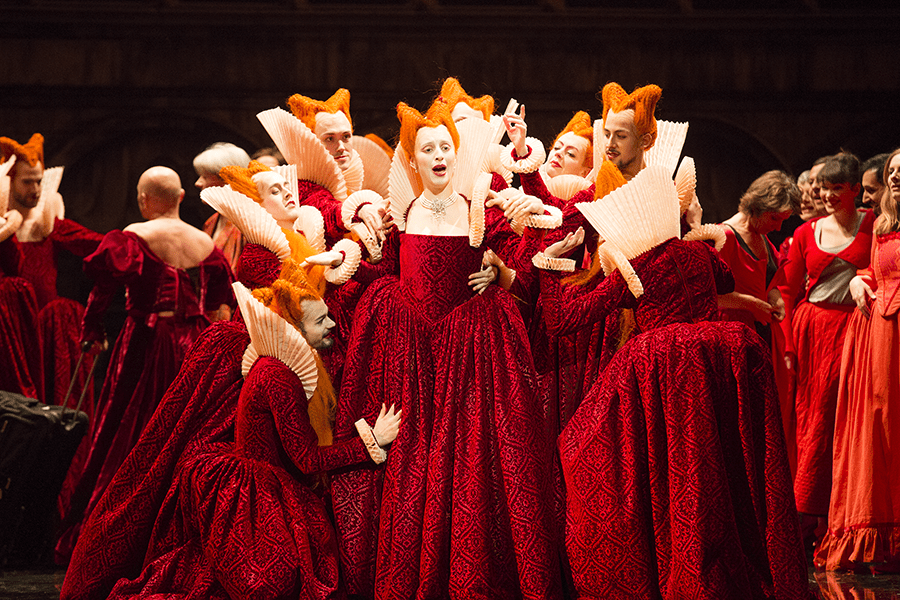
Les Fêtes Vénitiennes © Nienkelenbaas (2015)
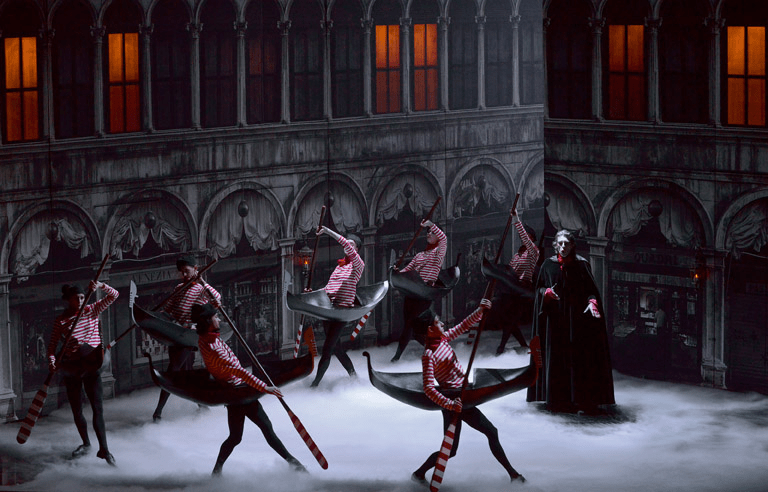
Les Fêtes Vénitiennes © Vincent Pontet (2015)
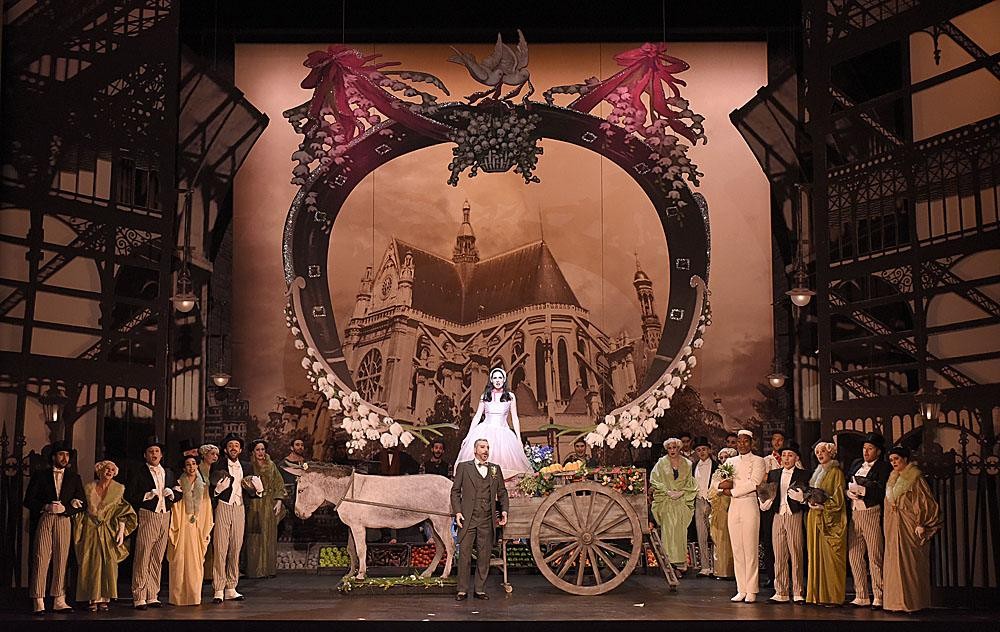
Ciboulette © Vincent Pontet (2013)
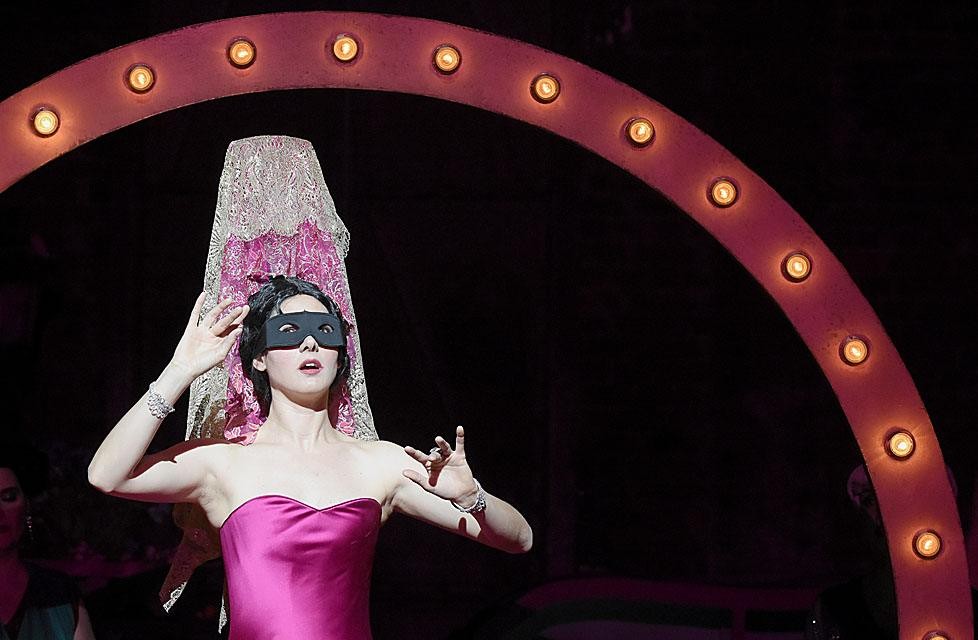
Ciboulette © Vincent Pontet (2013)
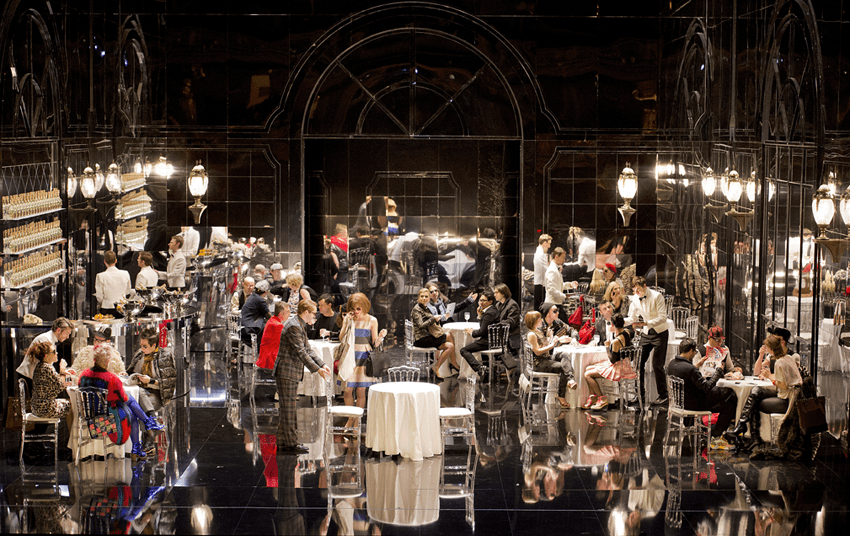
Platée © Monika Rittersaus (2014)
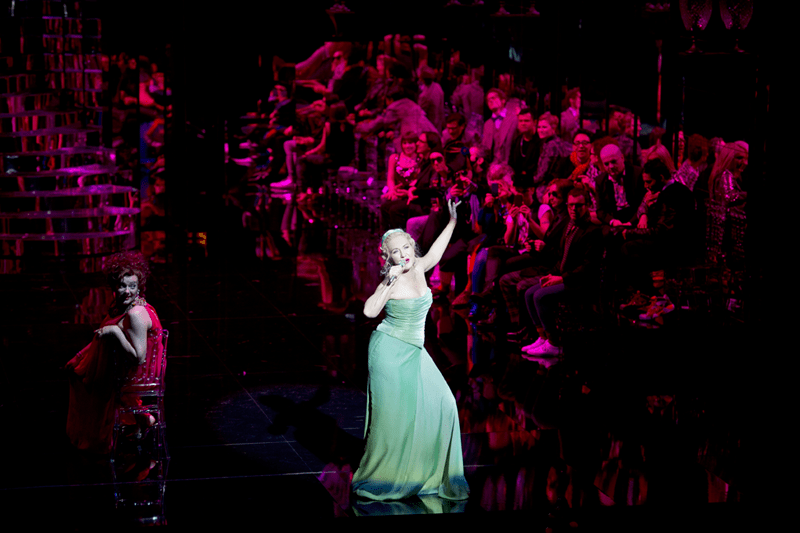
Platée © Monika Rittersaus (2014)
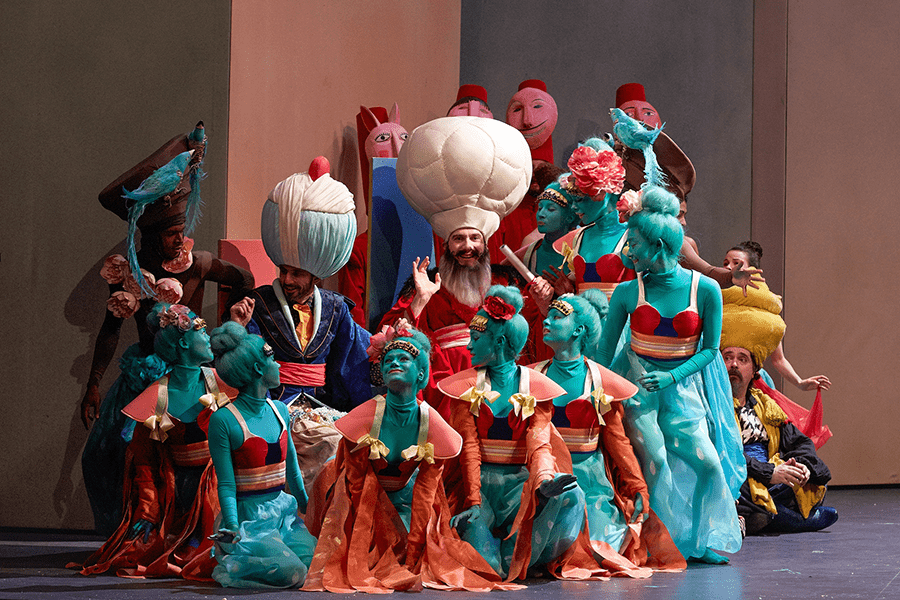
Mârouf, savetier du Caire © Pierre Grosbois (2013)
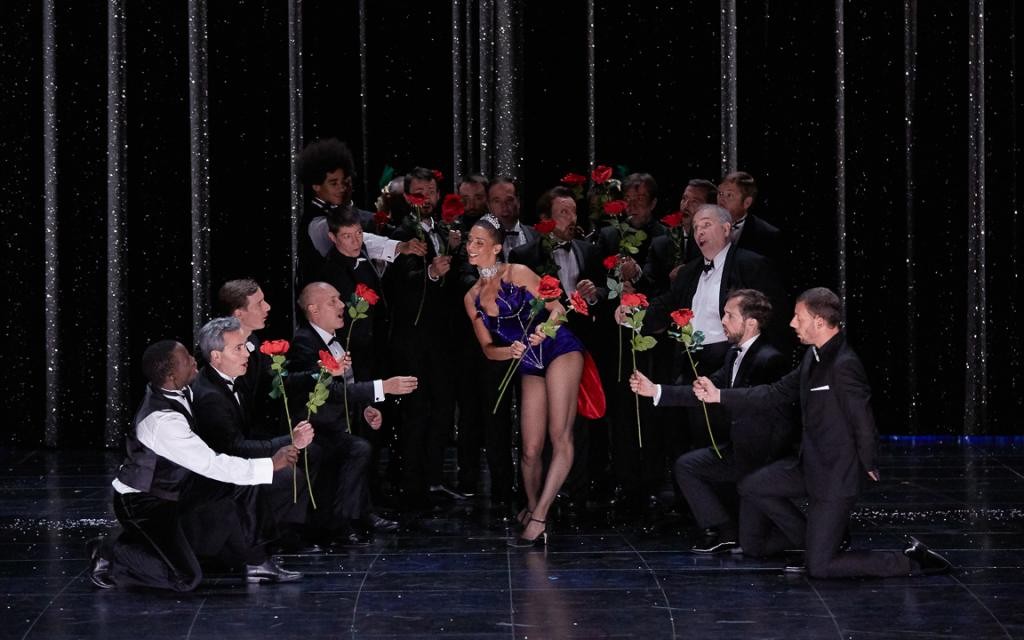
Le Timbre d'argent © Pierre Grobois (2017)
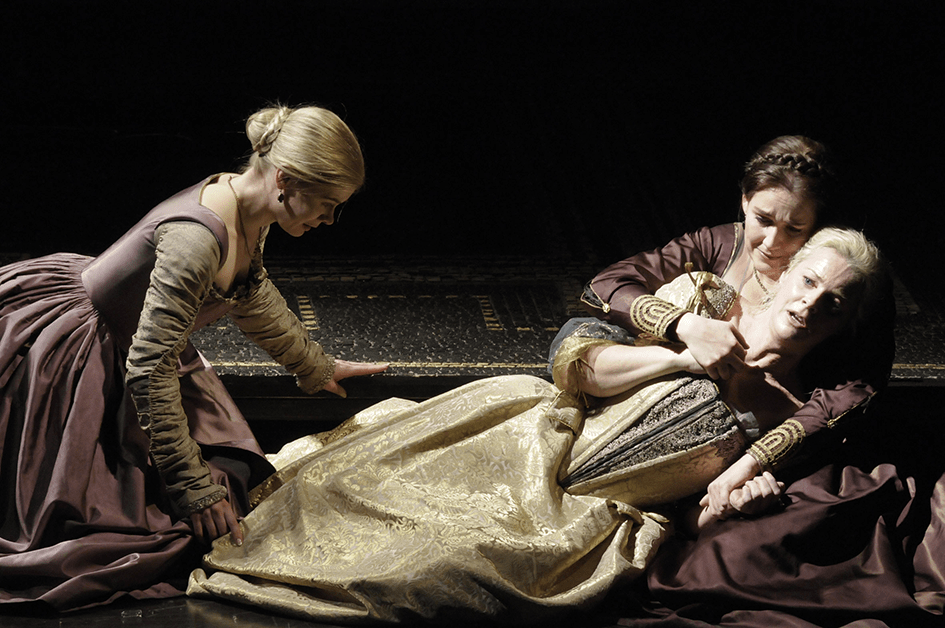
Didon et Enee © E.Carecchio (2012)
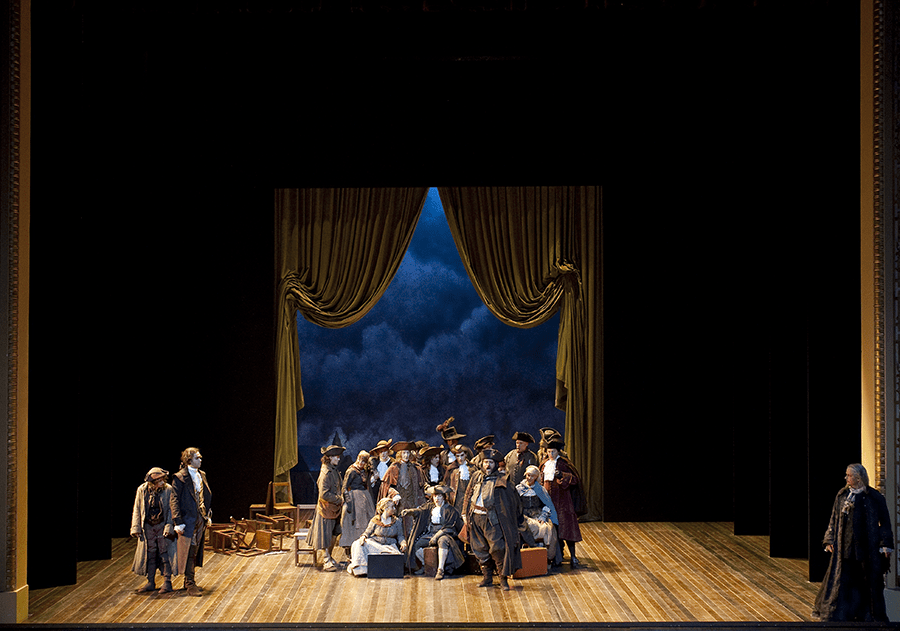
Mignon © E.Carecchio (2010)
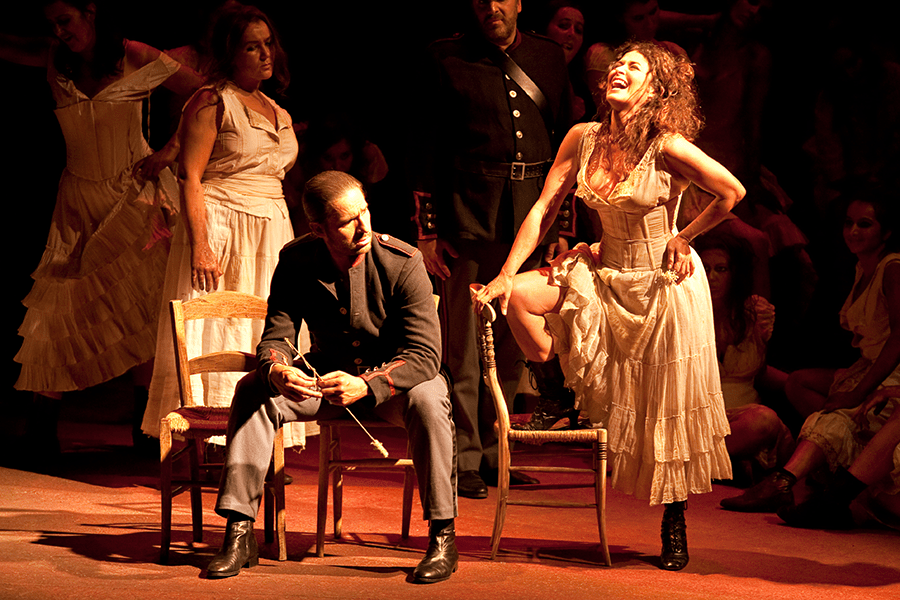
Carmen © Pierre Grosbois (2009)
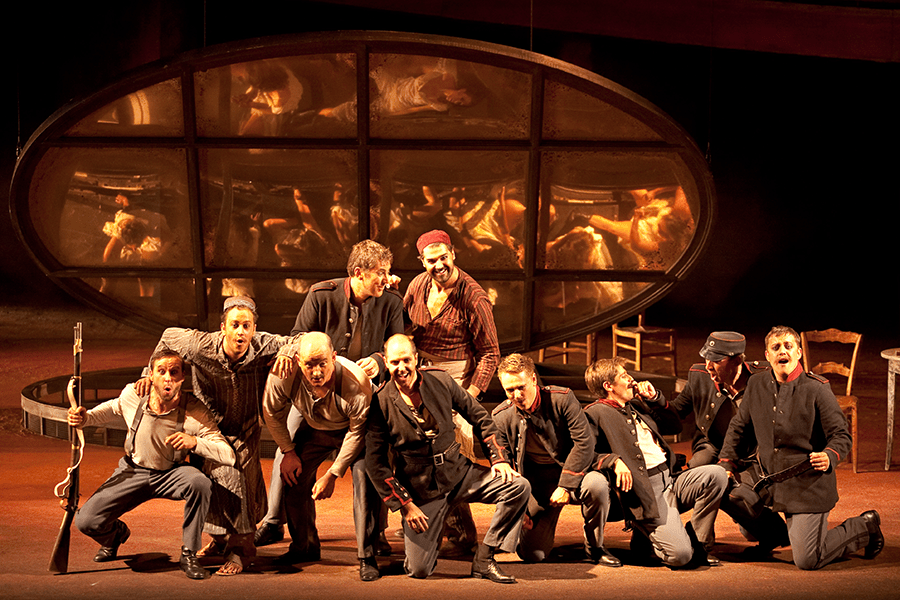
Carmen © Pierre Grosbois (2009)

Fantasio © Pierre Grosbois (2017)

Fantasio © Pierre Grosbois (2017)

Orphée et Eurydice © Stefan Brion (2018)

Ercole Amante © Stefan Brion (2019)

Ercole Amante © Stefan Brion (2019)

Hippolyte et Aricie © Stefan Brion (2020)

Hippolyte et Aricie © Stefan Brion (2020)

La dame blanche © Christophe Raynaud de Lage (2020)

Hamlet © Vincent Pontet (2018)


Pelleas et Melisande © E.Carecchio (2010)

Pelleas et Melisande © E.Carecchio (2010)

Lakmé © Pierre Grosbois (2014)

Lakmé © Pierre Grosbois (2014)

Les Fêtes Vénitiennes © Nienkelenbaas (2015)

Les Fêtes Vénitiennes © Vincent Pontet (2015)

Ciboulette © Vincent Pontet (2013)

Ciboulette © Vincent Pontet (2013)

Platée © Monika Rittersaus (2014)

Platée © Monika Rittersaus (2014)

Mârouf, savetier du Caire © Pierre Grosbois (2013)

Le Timbre d'argent © Pierre Grobois (2017)

Didon et Enee © E.Carecchio (2012)

Mignon © E.Carecchio (2010)

Carmen © Pierre Grosbois (2009)

Carmen © Pierre Grosbois (2009)
The team
The Opéra Comique has been a national theatre since 2015. Over 110 people work here and continuously contribute to its productions and prestige.
Olivier Mantei has been its director since 2015. In April 2021, he was appointed director of the Philharmonie de Paris - Cité de la Musique. He will take office on 1st November 2021.



